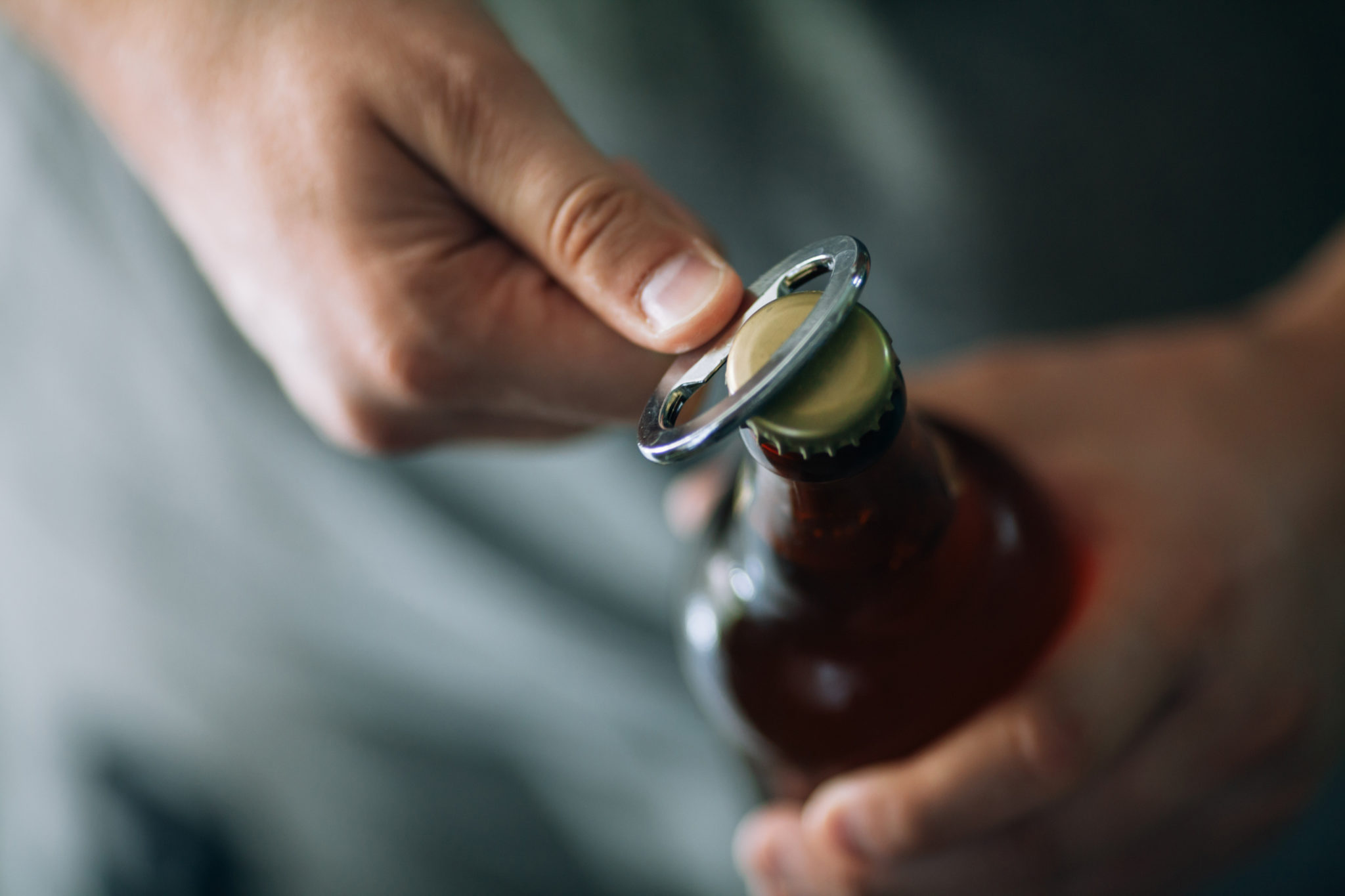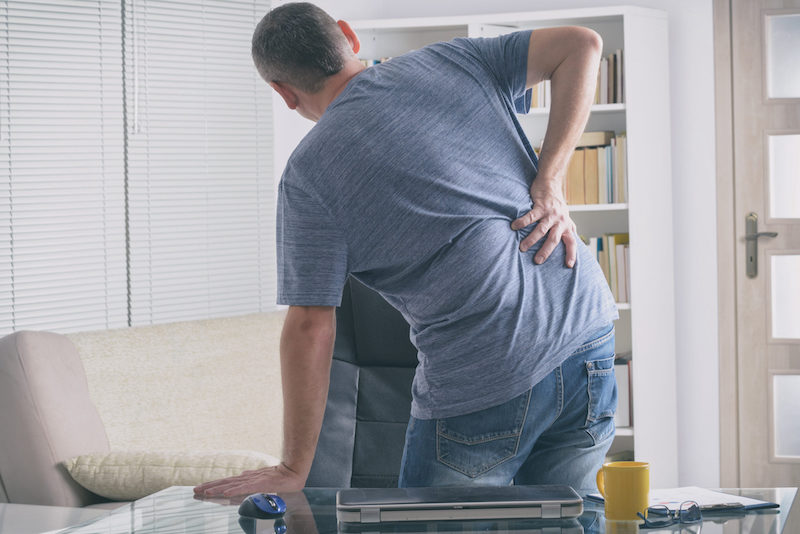How Do I Know if I Have an Alcohol Use Disorder?

September 28, 2021
Since the start of the pandemic and stay-at-home orders, memes on social media have poked fun at the fact that many people are drinking more alcohol because of the isolation and stress they’re experiencing. But the truth is the COVID-19 crisis has created a heightened level of anxiety and depression and the increased risk of substance abuse.
But how do you know when your alcohol use is negatively impacting your life or the life of someone you love?
The first thing most people notice is their alcohol consumption interferes with normal activities like spending time with family and getting work done. Another common sign is finding yourself sleeping later and more or less than usual.
To determine whether your alcohol use is becoming a problem, ask yourself these four questions:
- Are you missing out on activities you normally engage in?
- Are friends or family telling you you’re drinking too much and should cut down?
- Do you feel guilty about your drinking?
- Do you feel the need for a drink first thing in the morning?
If you answer “yes” to even one of these questions, your drinking might be a problem. Two positive answers are clinically significant, and three or four suggest you need to seek help.
The good news is help is available, and alcohol doesn’t have to rule your entire life.”
Where to Get Help
If you think you have a problem, first speak to your primary care physician, who can check for medical conditions that are often concurrent with substance use disorder, including high blood pressure and diabetes. Your doctor can also refer you to a treatment program.
These programs might include medical supervision for detoxification, therapy sessions, group sessions and telemedicine appointments through your computer or phone. Doctors can offer new medications that reduce the desire to drink, while psychotherapy can help uncover the unconscious pain that can lead to alcohol use and misuse.
If you are reluctant to talk with a doctor, consider self-directed groups like AA (Alcoholics Anonymous) or Smart Recovery.
Alcohol abuse is not a moral or personal failure. It’s a medical condition, and support is available to help you recover from it. If you suspect you may benefit from treatment, start now. The sooner you start, the sooner you’ll feel better.
The material provided through HealthU is intended to be used as general information only and should not replace the advice of your physician. Always consult your physician for individual care.
Find a doctor near me
Breathing Easy After Vaping Lung Injury

Recover from vaping lung injury. Caitlin Hayes' story of recovery at Bayshore Medical Center offers hope. Learn more.
Find a doctor near me

Can COVID-19 Cause Back Pain?
COVID-19 may cause back pain. Drs. Parikh & Fleming explain causes and prevention. Learn back pain treatment options and find a specialist.

Overcoming Meningitis
Overcoming Meningitis: K. Hovnanian Children's Hospital helped Quin recover from a life-threatening illness. Learn his story and find pediatric care.

Overcoming Quarantine Anxiety
If you are feeling anxious or burnt out from COVID-related stress and isolation, you aren’t alone.

How to Avoid Slipping on Ice
Avoid winter falls! Dr. Porter shares tips for safer walking on ice, preventing injuries like ankle sprains and fractures. Learn how to walk and fall safely.
